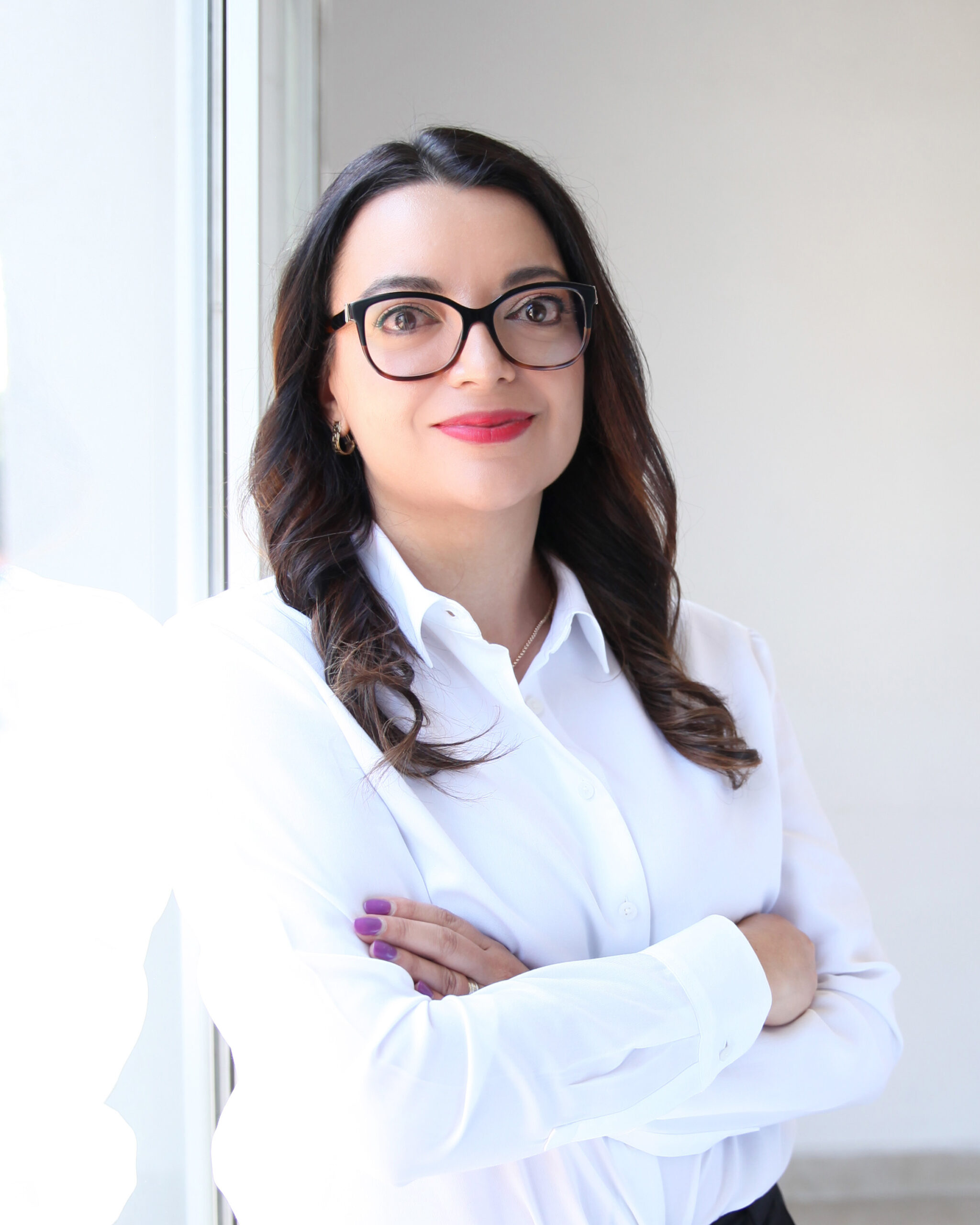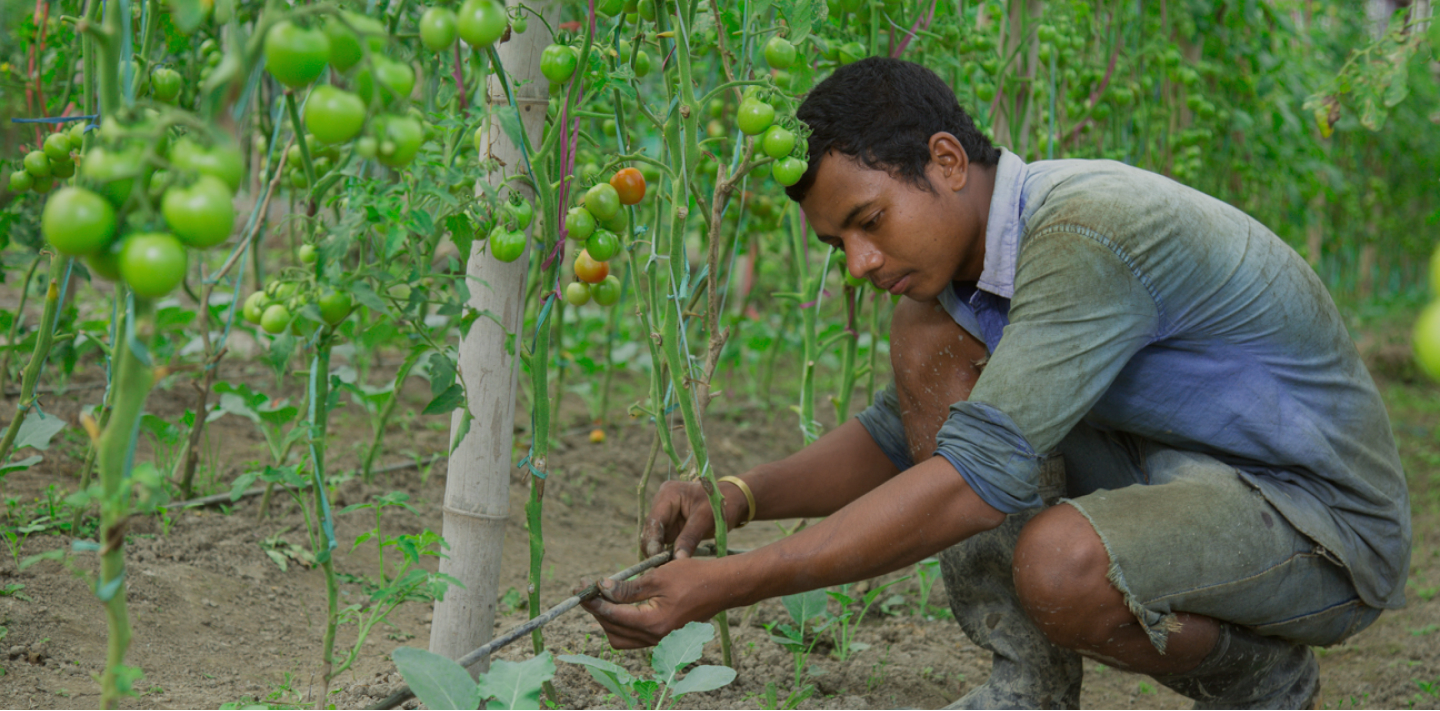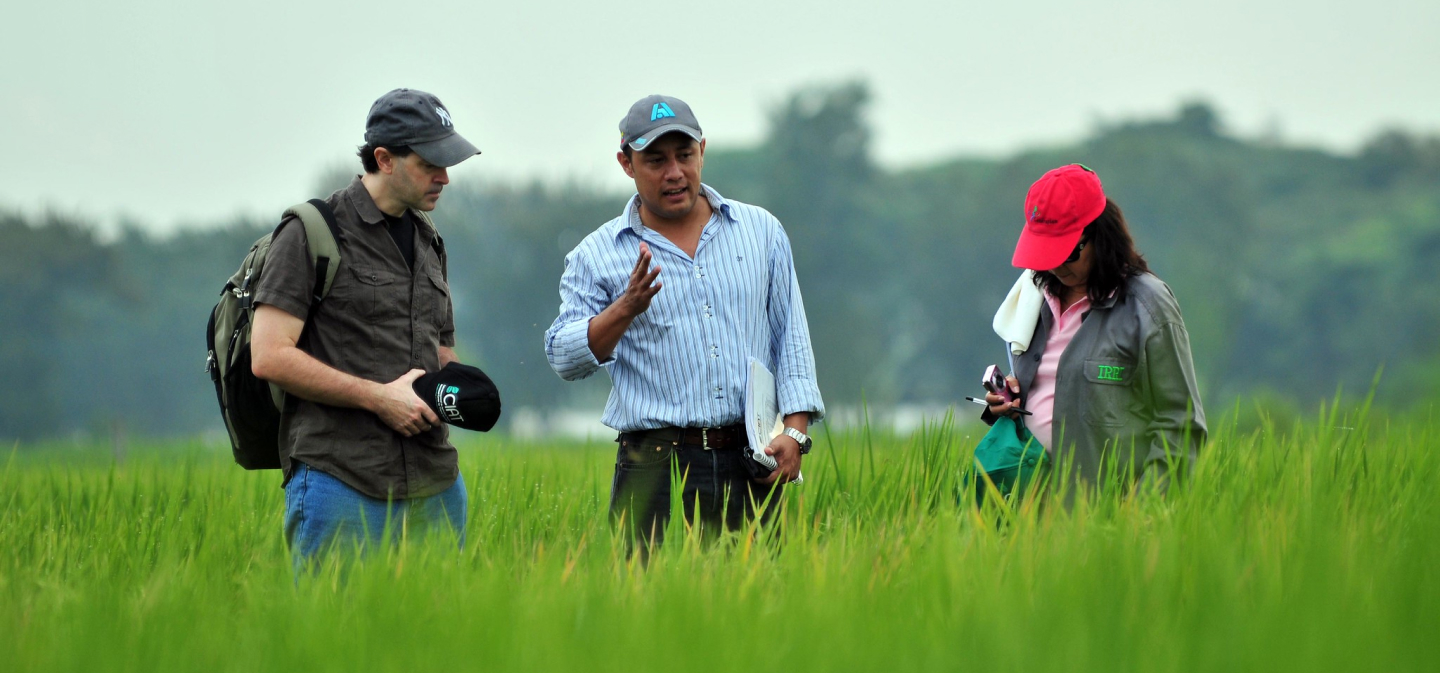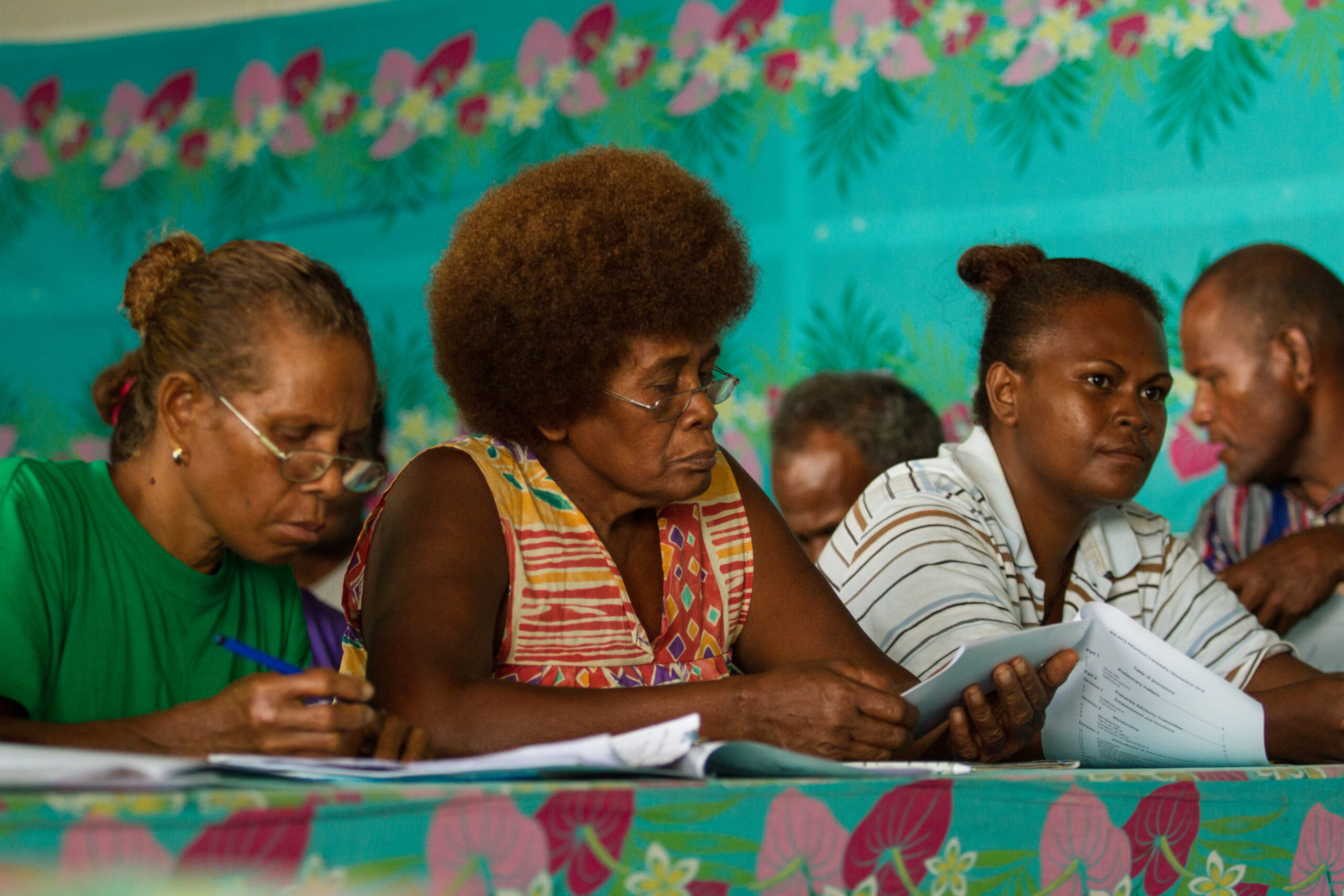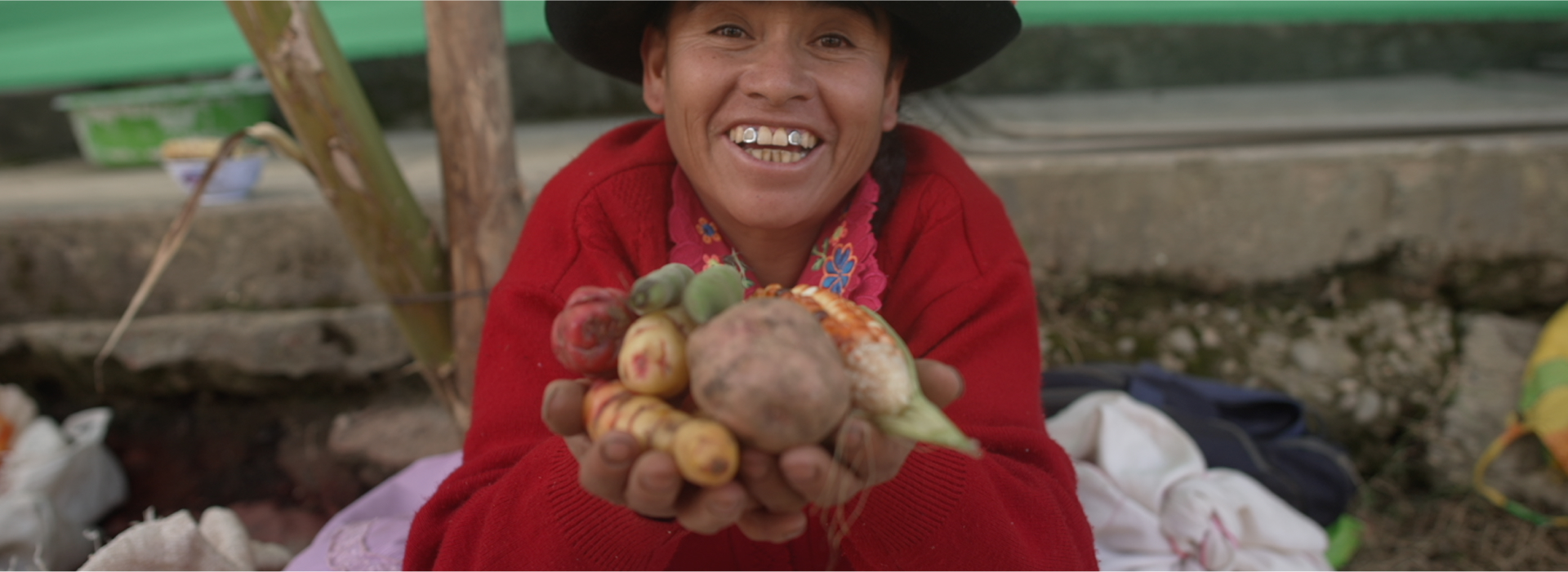Education to nourish people and planet
With curricula that span disciplines and geographies, Food EDU closes gaps between scientific knowledge and educational opportunities to promote scientific literacy and interdisciplinary collaboration worldwide.
We aim to empower leaders across the globe to create and lead data-driven solutions to urgent societal challenges to advance human and planetary health.
Through our online courses, fellowship program, and networking hub, we provide educational and professional development opportunities for scientists, policy makers, and food and health system practitioners around the world.
Building Capacity, Bridging Gaps
Food EDU is building the capacity of scientific communities, and bridging gaps between research innovation and educational opportunities worldwide. We take a unique approach to developing curricula, working with world-renowned experts to deliver trusted, cutting-edge science and engaging storytelling to advance human and planetary health.
-
Bridging Gaps
Food EDU courses complement existing university and professional development offerings by filling critical curriculum gaps where advances in research and scientific discovery have outpaced more formal learning opportunities, including among learners in low and middle-income countries.
-
Building Literacy
We translate cutting-edge research and complex scientific data to make it accessible across geographies, disciplines, and professions. Boosting scientific literacy helps with collaboration and speeds the application of innovation on critical food systems challenges.
-
Enabling Interaction
We facilitate the exchange of ideas across disciplines and diverse knowledge systems. We elevate underrepresented voices and showcase community-engaged research initiatives.
-
Creating Partnerships
We work closely with global partners across sectors to co-create curricula that strengthens the capacity and amplifies the impact of cutting-edge research initiatives.
Core Offerings
-
Interdisciplinary Online Courses
Food EDU provides asynchronous e-learning courses informed by data-driven solutions that address critical food system challenges.
-
Good Food Fellows Program
The Good Food Fellows program provides professional development training for graduate students and postdoctoral scholars, along with fellowships to support community-engaged research projects.
-
Workshops and Webinars
Live events feature discussions with subject matter experts, interactive skills-based trainings, and presentations on cutting-edge research.
-
Global Networking Platform
Our Food EDU Engagement Hub helps learners across the globe to connect through interdisciplinary dialog, team building, and research collaboration.
-
Global Case Studies
Case studies from around the world feature place-based initiatives, providing tangible and practical examples of how to improve human and planetary health.
Foodomics & Society Course Track
The inaugural course track for Food EDU, Foodomics & Society, orients current and emerging scientists, agricultural specialists, health professionals, and policymakers to the societal context and potential applications of foodomics, using a planetary health lens to reimagine ways of thinking, knowing, and doing to optimize the positive impact of foodomics for people and the planet.
Foodomics is an emerging science that promises to rapidly expand available data on food composition and quality, offering new opportunities to know our food and explore connections between food, agriculture, nutrition, and the health of people and the planet.
This course is a bridge between the rigorous science and analytics underpinning foodomics and the societal context and systems-oriented approaches that are necessary to connect this exciting new frontier of research to people, policy, and practice to drive transformative, data-driven solutions. Our goal is to prepare learners to generate, utilize, and apply foodomics data to inform solutions for human and planetary health.
The long-term vision of Food EDU is to prepare a multi-sector workforce with the skills and knowledge to apply the data resulting from advanced, evidence-based science, technology, and innovations.
We anticipate building local scientific and technological infrastructure that will enable emerging scientists in low and middle-income countries to have more local job prospects and create the foundation for positive impact at local and national levels.
Distinct Food EDU course tracks will provide educational offerings designed to reach five key types of learners:
- Graduate students and early career specialists
- Nutrition and healthcare practitioners
- Agricultural producers and service providers
- Youth educators
- Policymakers
Organizational Structure
Food EDU was seeded as a PTFI capacity strengthening effort to advance human and planetary health using food composition tools and data. It has grown into a platform to integrate cutting-edge research and data science in food, agriculture, health, and nutrition for application and impact.
Food EDU is facilitated by the American Heart Association and the Alliance of Bioversity and CIAT as co-secretariats of the Periodic Table of Food Initiative.
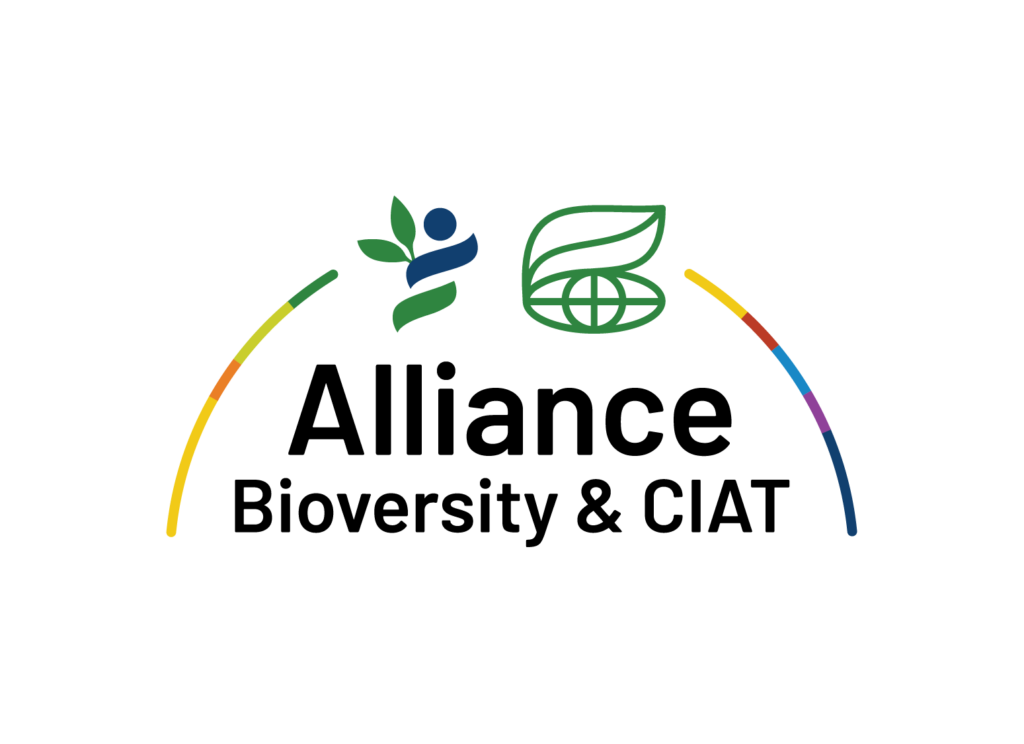
Food EDU Leadership




Alliance of Bioversity International and CIAT

Alliance of Bioversity International and CIAT
Curriculum Advisory Committee
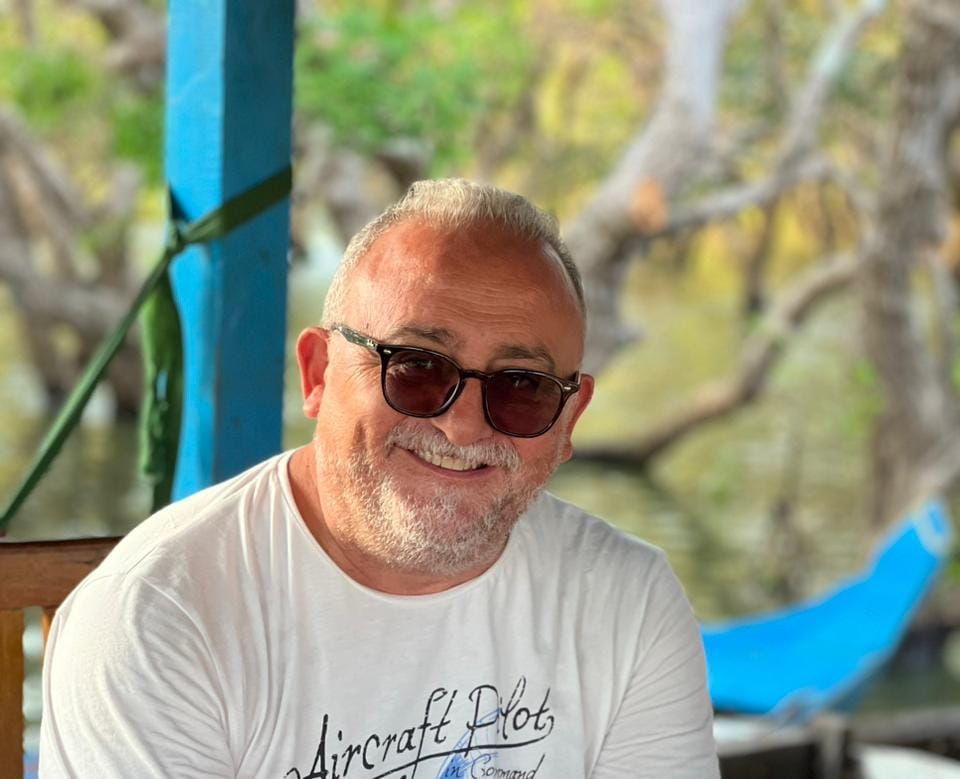

University of California, Davis

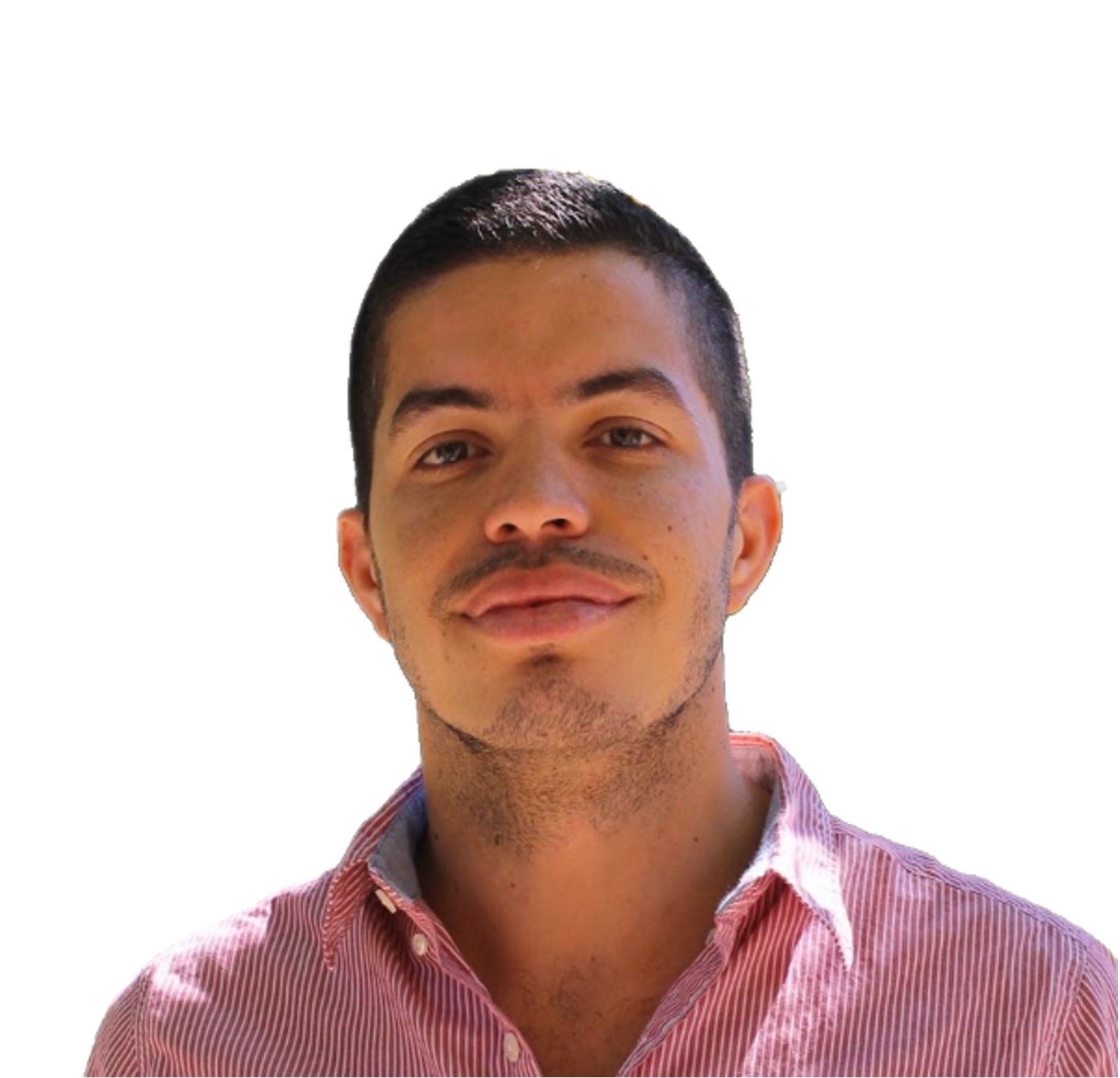

University of Ghana, Ghana


Alliance of Bioversity International and CIAT
